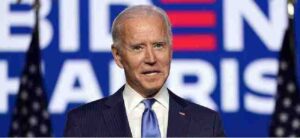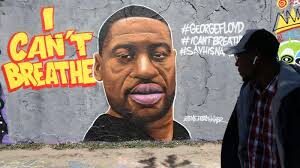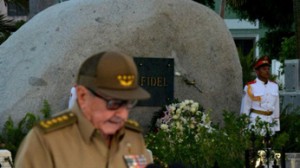Lee Kuan Yew, the statesman who transformed Singapore from a small port city into a wealthy global hub, has died at the age of 91.
The city-state’s prime minister for 31 years, he was widely respected as the architect of Singapore’s prosperity.
But he was criticised for his iron grip on power. Under him freedom of speech was tightly restricted and political opponents were targeted by the courts.

A state funeral will be held on 29 March, after a week of mourning.
In an emotional televised address, his son Prime Minister Lee Hsien Loong paid tribute to him.
“He fought for our independence, built a nation where there was none, and made us proud to be Singaporeans. We won’t see another man like him.”
Mr Lee oversaw Singapore’s independence from Britain and separation from Malaysia. His death was announced early on Monday. He had been in hospital for several weeks with pneumonia and was on life support.
UN Secretary General Ban Ki-moon said he was “deeply saddened” by Mr Lee’s death. US President Barack Obama described him as a “giant of history”. The Chinese foreign ministry called him “a uniquely influential statesman in Asia”.
‘Lifetime of building’
In Singapore, a steady stream of people arrived at the hospital and the Istana, the prime minister’s office, to offer their condolences.
A charismatic figure, Mr Lee co-founded the People’s Action Party (PAP), which has governed Singapore since 1959, and was its first prime minister.
The Cambridge-educated lawyer led Singapore through merger with, and then separation from, Malaysia.
Speaking after the split in 1965, he pledged to build a meritocratic, multi-racial nation. But tiny Singapore – with no natural resources – needed a new economic model.
“We knew that if we were just like our neighbours, we would die,” Mr Lee told the New York Times in 2007.
“We had to produce something which is different and better than what they have.”
Mr Lee set about creating a highly educated work force fluent in English, and reached out to foreign investors to turn Singapore into a manufacturing hub.
The city-state grew wealthy and later developed into a major financial centre.
But building a nation came with tight controls – and one of Mr Lee’s legacies was a clampdown on the press, tight restrictions that remain in place today.
Dissent – and political opponents – were ruthlessly quashed. Today, Mr Lee’s PAP remains firmly in control. There are currently six opposition lawmakers in parliament.
Other measures, such as corporal punishment, a ban on chewing gum and the government’s foray into matchmaking for Singapore’s brightest – to create smarter babies – led to perceptions of excessive state interference.
But Mr Lee remained unmoved.
“Whoever governs Singapore must have that iron in him. Or give it up,” he told a rally in 1980. “I’ve spent a whole lifetime building this and as long as I’m in charge, nobody is going to knock it down.” – BBC News




